Health and Family Welfare Minister Professor Dr. Samanta Lal Sen emphasized the timeliness of national guidelines on heat-related illnesses in light of Bangladesh experiencing extreme and prolonged heatwaves since April 1. Speaking at the unveiling function of the guidelines at a city hotel, he stressed the importance of disseminating these guidelines across the country to safeguard people from heatwave-related diseases.
The event, chaired by Director General of Directorate General of Health Services (DGHS) Prof Dr. Abul Bashar Mohammad Khurshid Alam, was attended by dignitaries including Secretary of the Health Service Division Dr. Jahangir Alam, Additional Director General of DGHS Mirzadi Sabrina Flora, and UNICEF Bangladesh Deputy Representative Emma Brigham.
Dr. Sen highlighted the vulnerability of elderly people, children, and those with chronic diseases like diabetes, hypertension, and heart diseases to the ongoing heatwave. He urged them to stay indoors to avoid heatstroke and other complications.
The health minister mentioned that public hospitals have been instructed to be prepared to provide healthcare services to people affected by the severe heatwave. The Directorate General of Health Services (DGHS), with support from UNICEF, launched the National Guidelines on Heat-Related Illnesses to protect vulnerable populations, including children and pregnant women, from heat-related health risks.
The National Guidelines, developed in collaboration with experts, provide a comprehensive framework for responding effectively to heat-related health risks. UNICEF reports demonstrate the increased risk of preterm birth during heatwaves, exacerbating the already high preterm birth rate in Bangladesh.
Sheldon Yett, Representative of UNICEF in Bangladesh, emphasized the importance of addressing heat-related illnesses and enhancing skills for healthcare professionals to ensure a healthier future for children.
UNICEF estimates that by 2050, a staggering 35.5 million children in Bangladesh will face high heatwave frequency, highlighting the urgent need for action to combat climate-related health challenges. UNICEF remains committed to supporting Bangladesh in building a resilient and sustainable future for every child despite the increasing prevalence of extreme heatwaves.



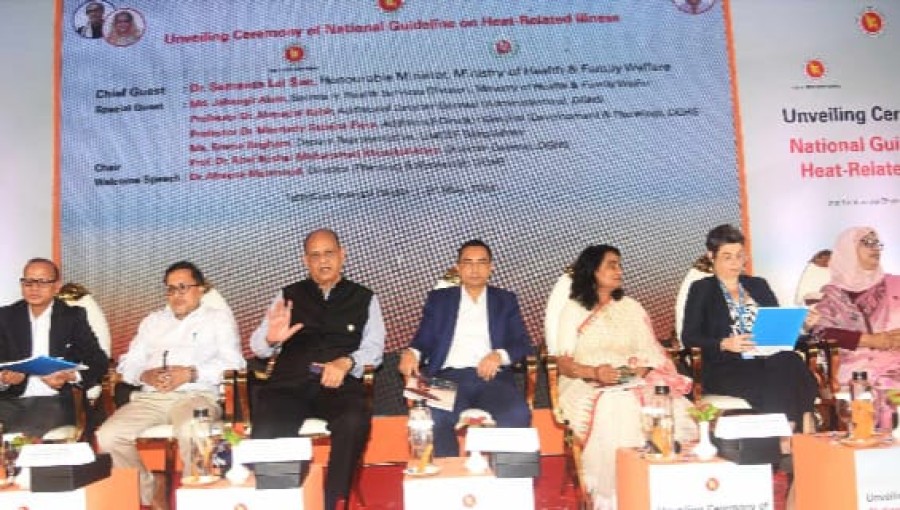

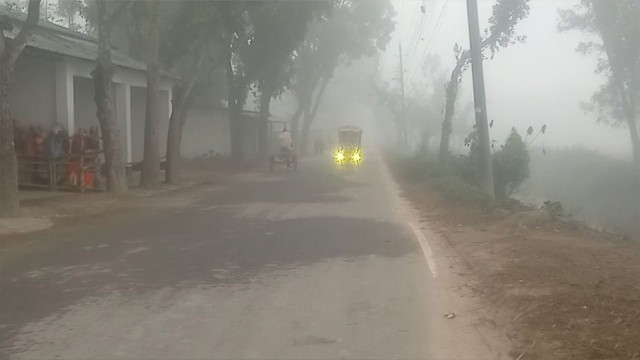

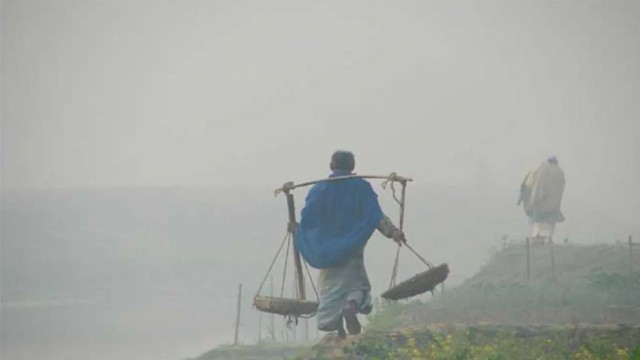



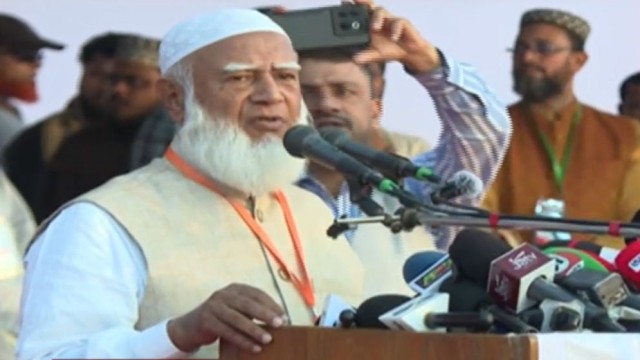
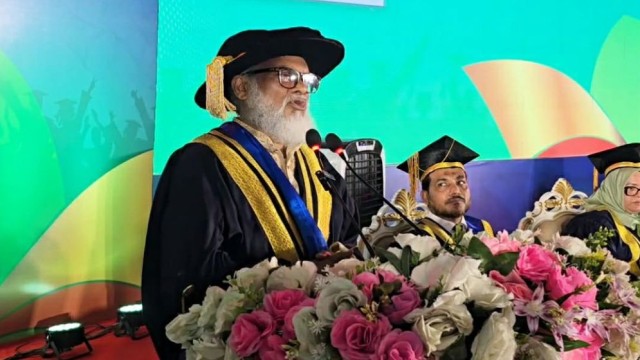
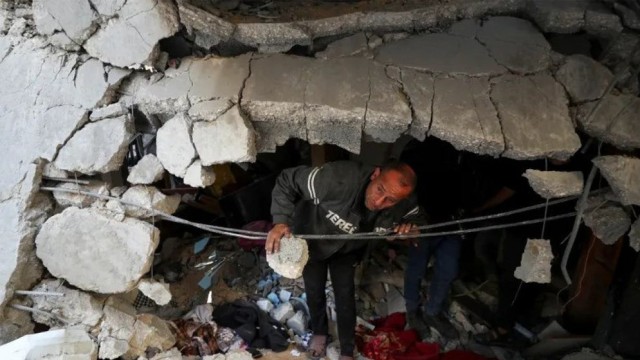
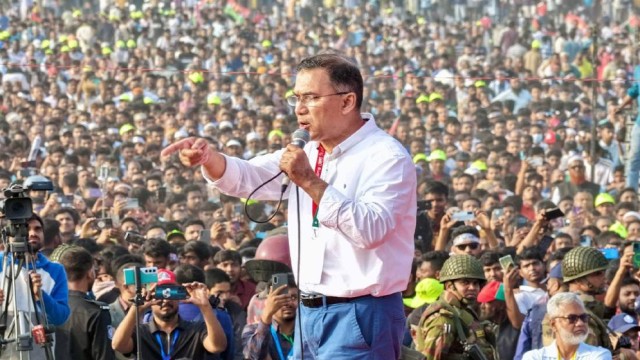

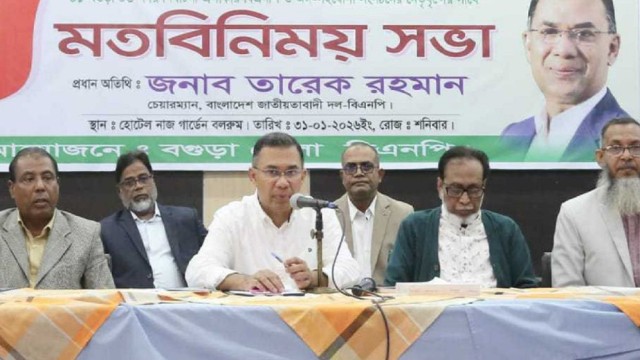
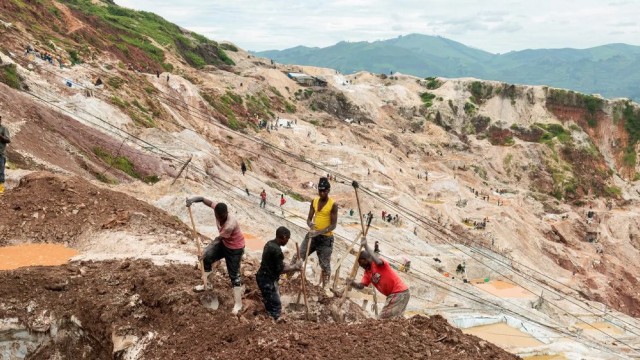
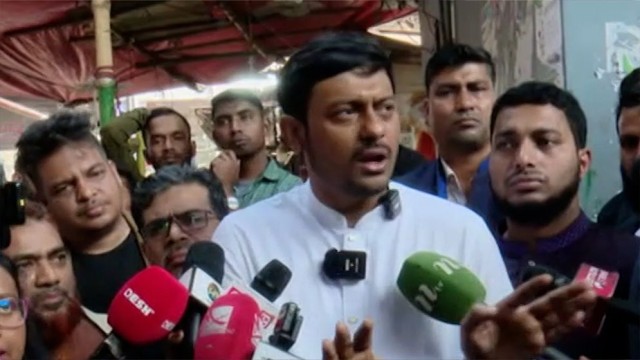
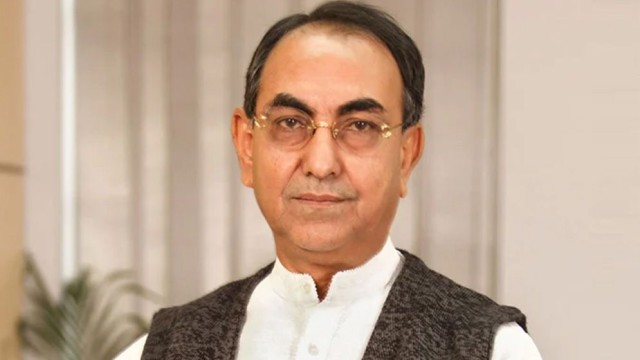



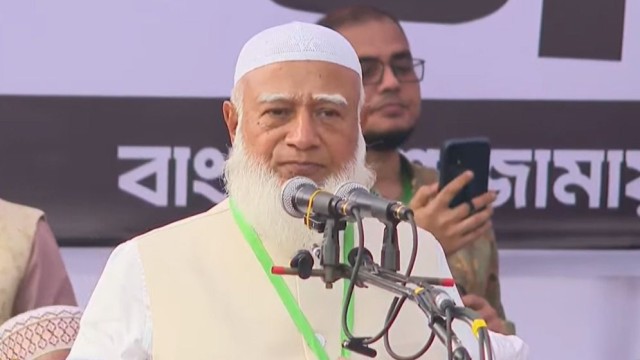

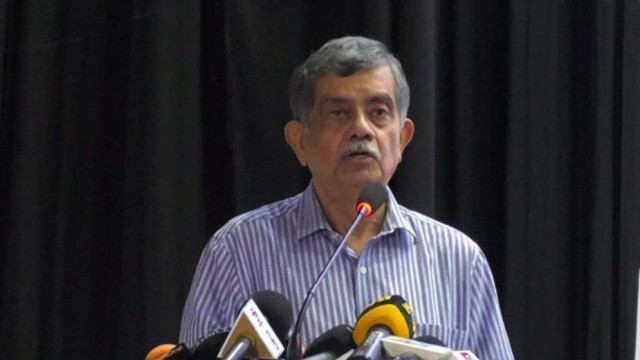
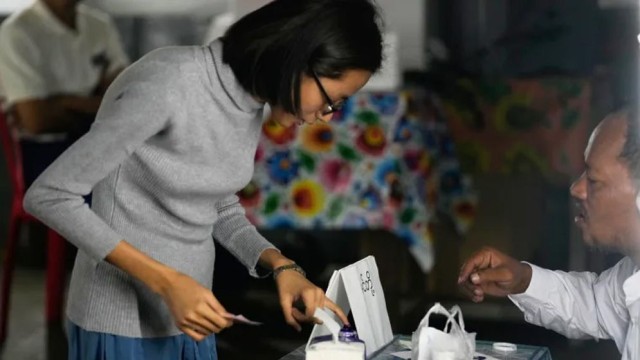
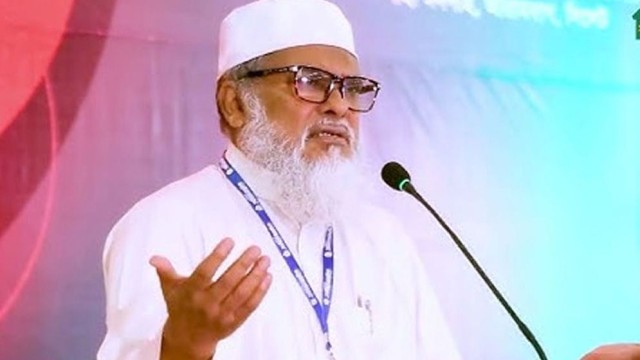

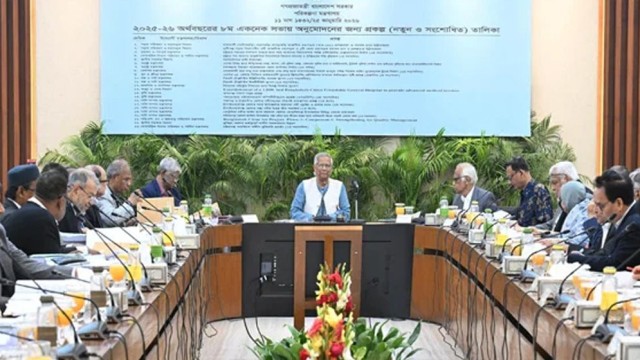
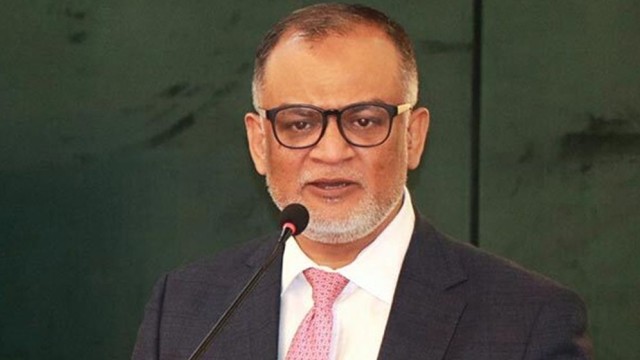
Comment: